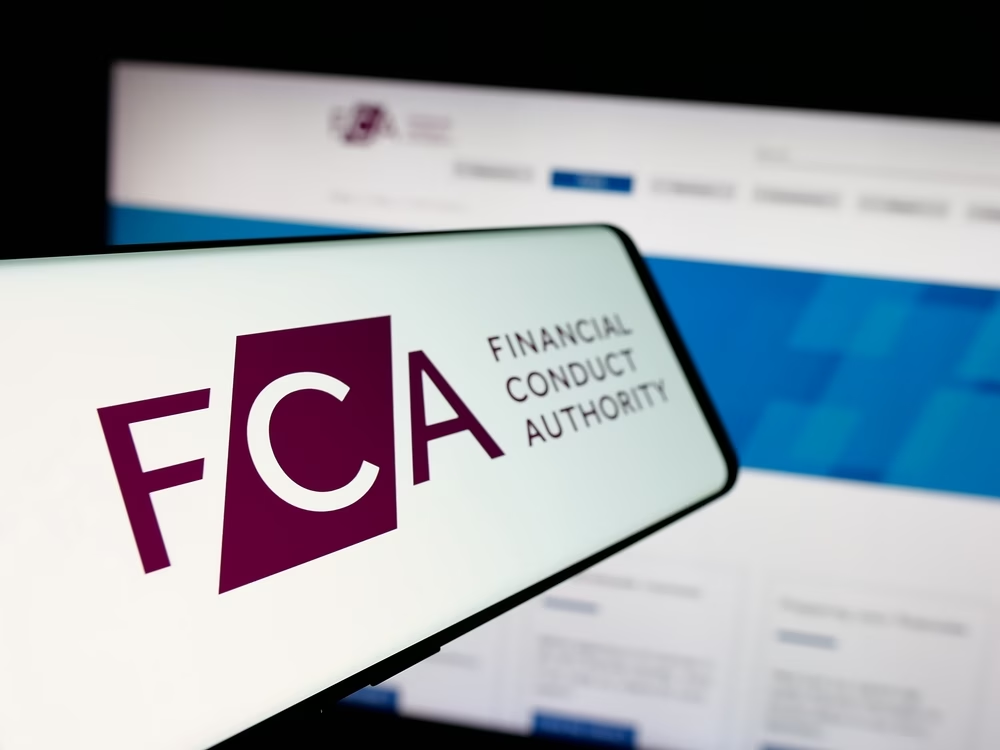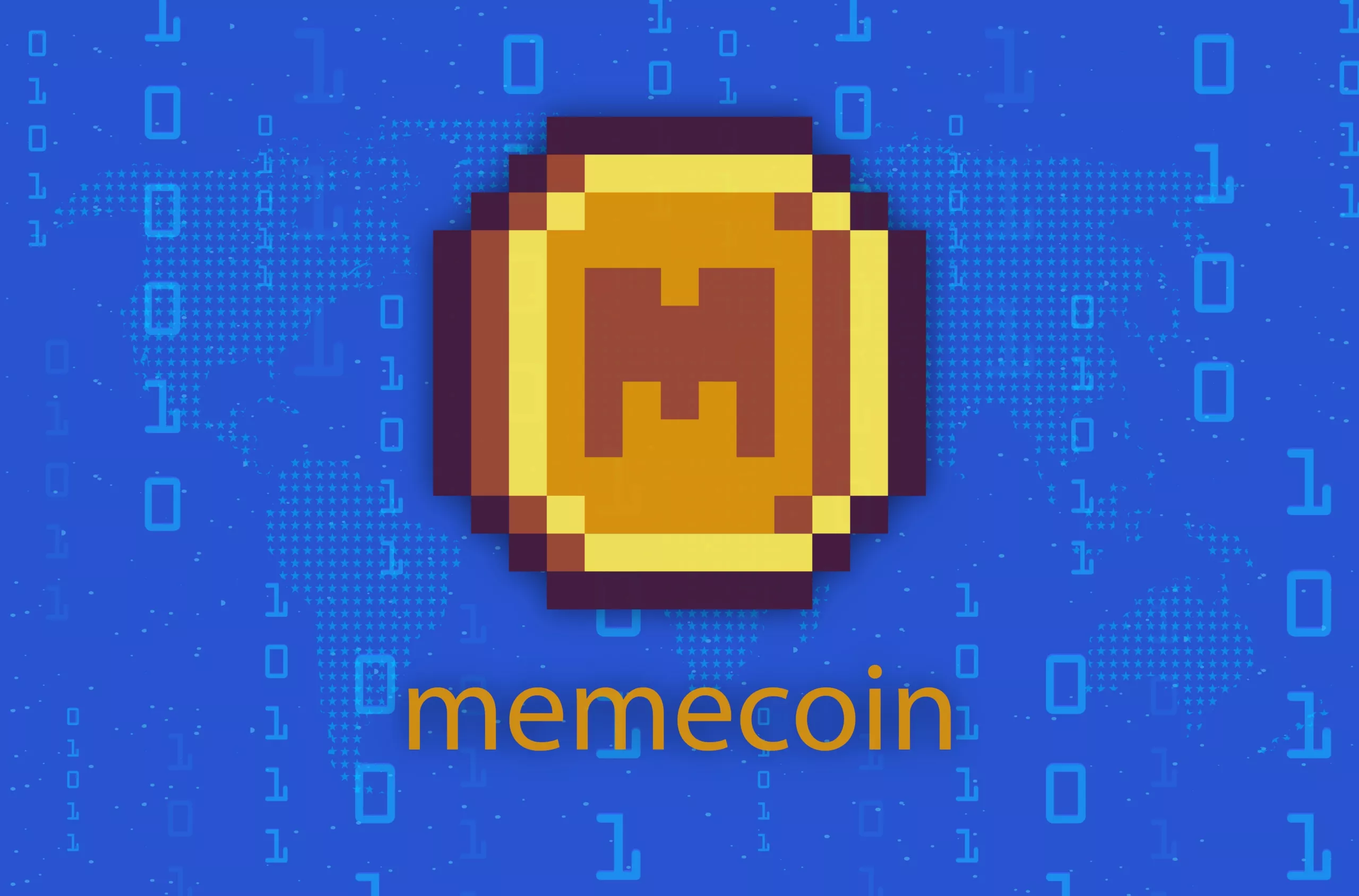
In an era where our lives are increasingly played out and stored in the digital realm, a new and complex challenge has emerged for estate planning: what happens to our digital assets when we die? From cherished family photos stored in the cloud to potentially valuable cryptocurrency holdings, our digital footprint constitutes a significant and often overlooked part of our legacy. For residents of the United Kingdom, the answer to securing these assets may lie in a centuries-old legal instrument: the trust.
This blog post will delve into the world of digital assets and the legal ambiguities surrounding their transfer upon death for ensuring your digital legacy is protected and passed on according to your wishes.
What Constitutes a Digital Asset?
Before we explore the solution, it's crucial to understand the breadth of what we're discussing. A digital asset is, in essence, any digital file or right that has value, be it sentimental or monetary. This can include:
Photographs and Videos: Decades of family memories may now exist solely on cloud storage services like iCloud or Google Photos.
Information Stored in Emails: Personal and business correspondence, important documents, and account information are often locked within email accounts.
Cryptocurrency: Holdings of Bitcoin, Ethereum, and other digital currencies represent a new and often substantial form of wealth.
Intellectual Property: This can range from a personal blog with a significant readership to the intellectual property vested in a highly developed gaming avatar, complete with unique attributes and in-game assets.
Social Media Accounts: While often not directly transferable, the content and connections within these accounts can hold immense sentimental value.
Legally, digital assets are increasingly being recognised as a form of property and treating these intangible assets with the same seriousness as your physical possessions.
Digital Inheritance: A Legal Grey Area
A significant hurdle for digital asset succession in the UK is the lack of specific case law. This legal ambiguity creates a vacuum of uncertainty for personal representatives (PRs) and executors. Compounding this issue is the fact that many of the internet service providers (ISPs) that store our digital lives – the social media giants, email providers, and cloud storage companies – are based in the United States. Consequently, the contracts we agree to (often without a second thought) are typically governed by US law.
These terms and conditions, which vary wildly from one ISP to another, dictate what happens to our accounts upon our death. Some platforms may offer a ‘legacy contact’ option, allowing a nominated individual limited access to memorialise an account. Others may have a strict policy of permanent deletion upon notification of death, with no provision for data retrieval by loved ones. The unfortunate reality for many families is that they are left battling tech giants at a time of immense grief, often with little success.
Imagine this all-too-common scenario: a father passes away, leaving behind a lifetime of digitised family photos on a cloud service. His children, the executors of his will, have no password. The cloud provider, citing its terms of service and US privacy laws, refuses to grant them access. Those precious memories are, for all intents and purposes, lost forever. For the family of a deceased cryptocurrency investor who failed to leave behind their private keys, the financial loss can be devastating and irreversible.
This is why proactive planning is not just advisable; it’s essential.
Your Digital Estate Plan: Taking Control
As a digital asset holder, there are several fundamental steps you should take to safeguard your legacy:
- Create a Comprehensive Inventory: Make a detailed list of all your online accounts, including websites, usernames, and any associated security questions. Do not, however, include passwords in this document.
- Securely Store Access Information: Utilise a secure password manager or store your passwords in an encrypted digital vault. You can then provide instructions to your chosen fiduciaries on how to access this information.
- Inform Your Executors: Make your chosen executors or PRs aware of the existence of your digital asset inventory and how to locate
- Review ISP Terms and Conditions: Take the time to understand the bereavement policies of the platforms you use. This will help you to formulate a realistic plan for each asset.
- Download and Back Up: For assets of immense sentimental value, such as photographs and important documents, consider downloading them from the cloud and creating physical backups on external hard drives.
While these steps are crucial for any digital asset holder, for those seeking the highest level of control and security, the use of a trust offers n some instances could be a more sophisticated and powerful solution.
The Power of a Trust for Your Digital Assets
So, what is a trust? In simple terms, a trust is a legal arrangement where you (the settlor) transfer assets to a person or people (the trustees) to hold and manage for the benefit of others (the beneficiaries). When it comes to digital assets, a trust can be a game-changer. Keep reading to discover why.
Bypassing the Probate Process
One of the most significant advantages of placing your assets in a trust is that they are not subject to probate upon your death. Probate is the legal process of administering a deceased person’s estate, which can be lengthy, costly, and public. By transferring your digital assets to a trust during your lifetime, they are no longer considered part of your personal estate and can be managed and distributed by your trustees immediately and privately, according to the terms you have set out.
This is particularly beneficial for time-sensitive digital assets. For example, if you run an online business, a trust can ensure a seamless transition of control, preventing a hiatus that could damage its value.
Enhanced Privacy and Control
A will becomes a public document once probate is granted. A trust, on the other hand, is a private document. This allows you to maintain confidentiality over the nature and extent of your digital holdings and your instructions for their management.
Furthermore, a trust offers a greater degree of control over how your assets are managed. You can appoint trustees with the technical expertise to handle complex digital assets like cryptocurrency or intellectual property. You can also set specific conditions for how and when beneficiaries can access or benefit from these assets. For instance, you could stipulate that your children can access a collection of family photos but not your private emails.
Navigating the Terms of Service Minefield
While a trust cannot override the terms of service of an ISP, it can provide a clear legal framework for your trustees to act within. By creating a detailed trust document that outlines your wishes for each digital asset, you provide your trustees with the legal authority to negotiate with service providers. While this is not a guaranteed solution, a trustee acting under the authority of a legally binding trust is in a much stronger position than a family member with a simple will.
Tax Efficiency
Trusts can also offer significant inheritance tax (IHT) advantages. When you transfer assets into certain types of trusts, they may be considered outside of your estate for IHT purposes after a certain period (typically seven years). With the value of some digital assets, such as cryptocurrency portfolios, potentially being substantial, this can result in significant tax savings for your beneficiaries. The rules surrounding trusts and IHT are complex, and it is essential to seek professional legal and financial advice to ensure you would benefit from a trust and if so, that it is structured in the most tax-efficient way.
Practical Steps for Placing Digital Assets in a Trust
The process of transferring digital assets into a trust requires careful planning and execution:
- Draft a Comprehensive Trust Deed: This legal document should be drafted by a solicitor with expertise in digital assets. It should clearly define what constitutes your digital assets and provide specific instructions for their management and distribution.
- Appoint Suitable Trustees: Choose trustees who are not only trustworthy but also have a degree of technical literacy. You might consider appointing a professional trustee, such as a solicitor or a trust company, alongside a family member.
- Assign Ownership: For some digital assets, such as cryptocurrency held in a wallet you control, you can directly transfer them to the trust. For assets like social media accounts or blogs where direct transfer of ownership is not possible, you can assign the intellectual property rights associated with the content to the trust. This is a legal process that should be handled by a solicitor.
- Document Everything: Your digital asset inventory becomes a crucial document for your trustees. It should be regularly updated and stored securely, with the trustees knowing how to access it.
The Future is Digital, and So is Your Legacy
The legal landscape surrounding digital assets is in a state of flux. The UK government’s introduction of the Property (Digital Assets etc.) Bill is a welcome step towards providing greater legal certainty. However, until the law is fully developed, the onus remains on individuals to take proactive steps to protect their digital legacy.
Ignoring the fate of your digital assets is a gamble you cannot afford to take. By embracing the foresight to plan, and considering the robust protection offered by a trust or a will, you can ensure that your digital afterlife is not one of locked accounts and lost memories, but a carefully managed legacy that continues to benefit and be cherished by your loved ones for years to come. The time to act is now. Consult with a legal professional and start the conversation about your digital estate today.

Table of content
Recent Posts
Lasting Power of Attorney (LPA) – 2025 Fee Increase Update
The UK government has confirmed that the fees for [...]
Mohammed Hijab Defamation Case – His Solicitors Perspective
In the pursuit of justice, the path is not always [...]
Dying Without A Will – Who Can Inherit Your Estate?
Having a Will is one of the most important things [...]








